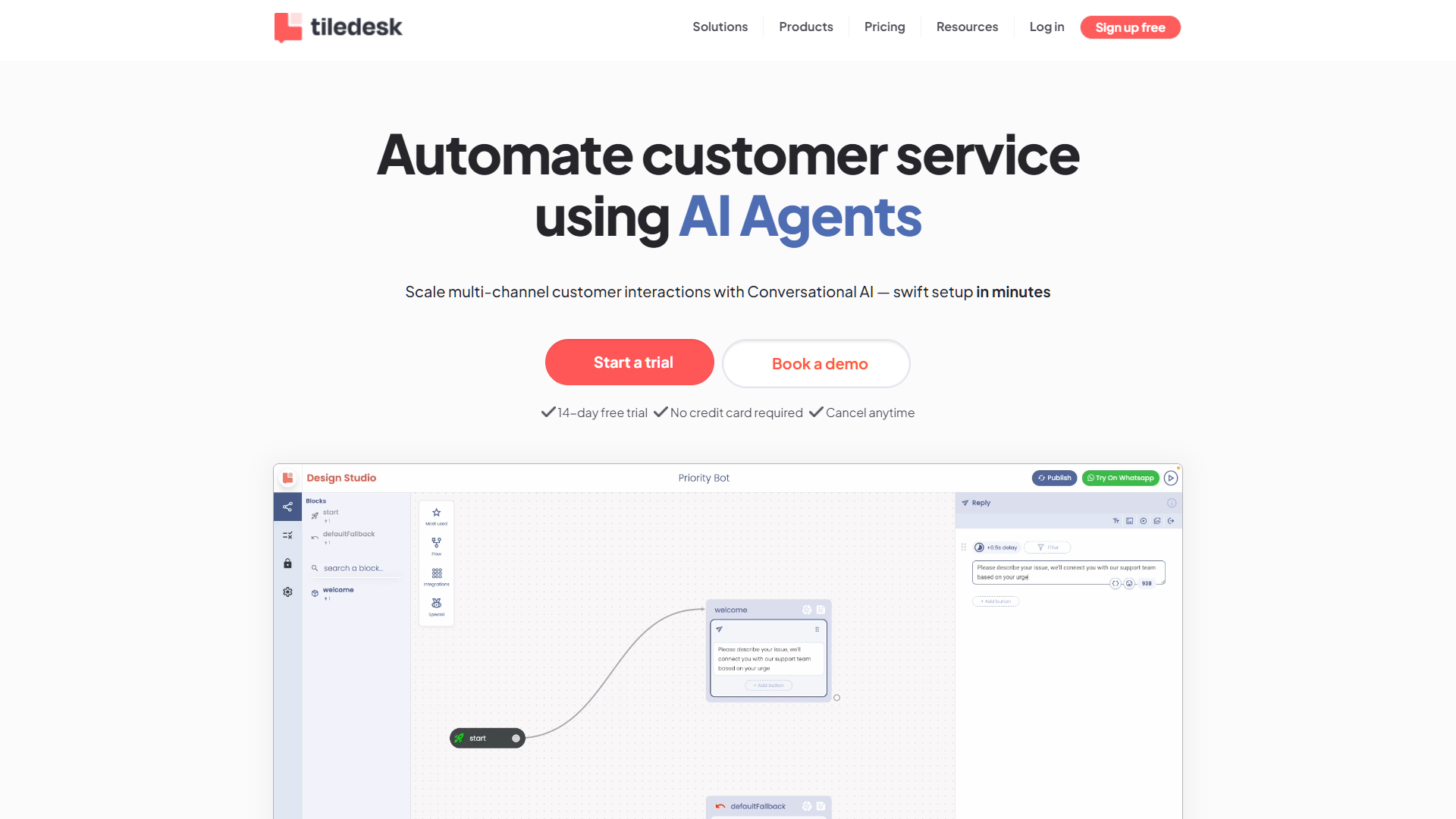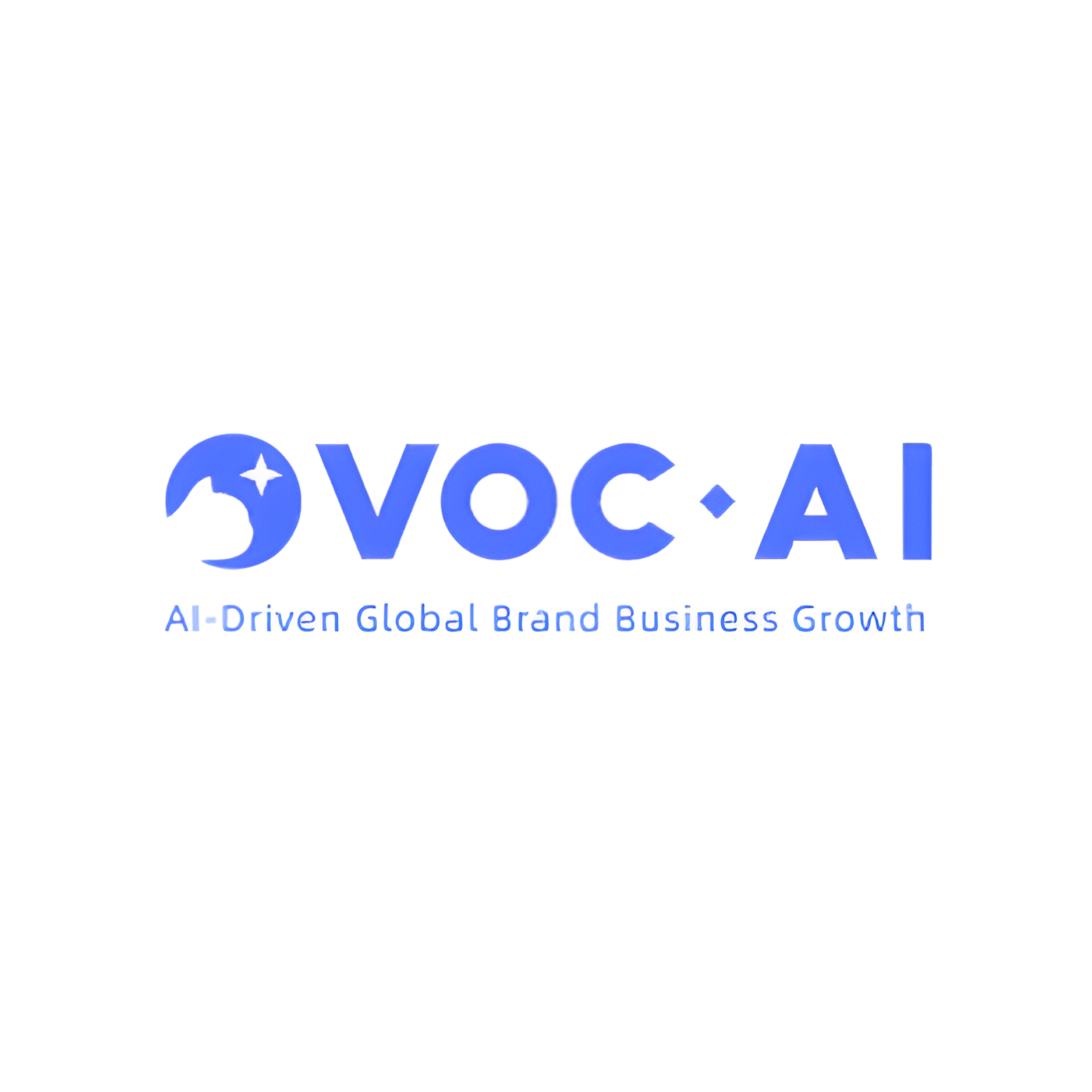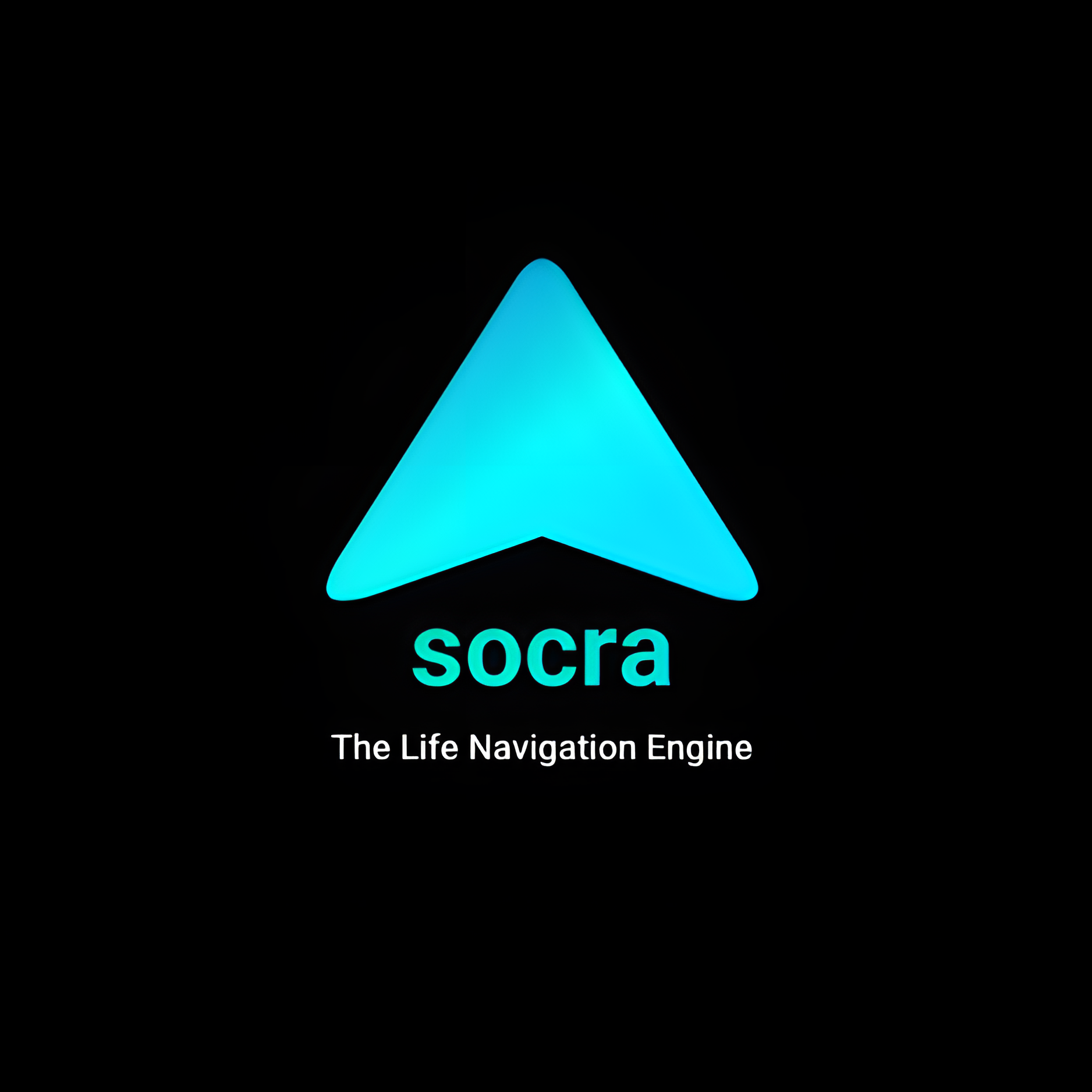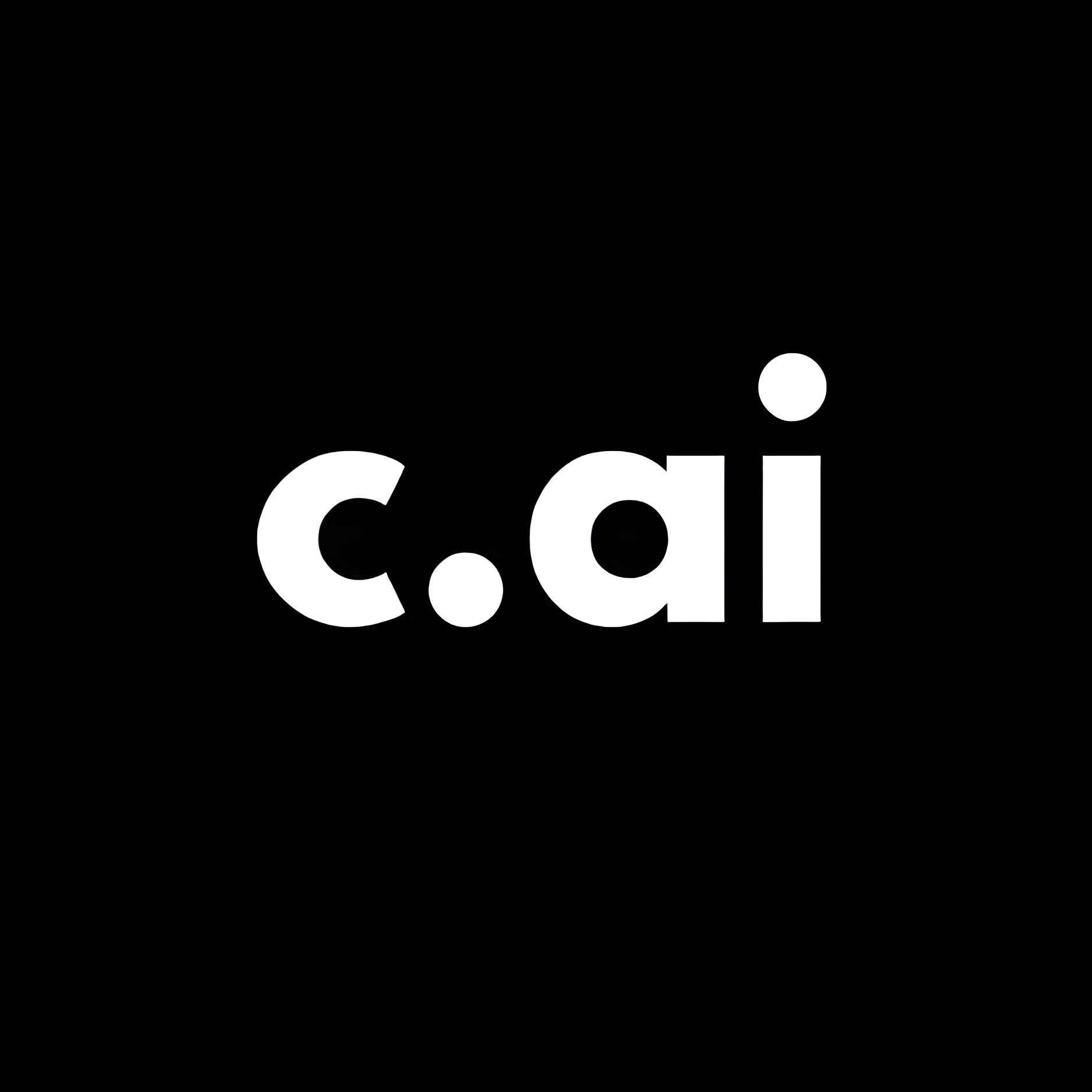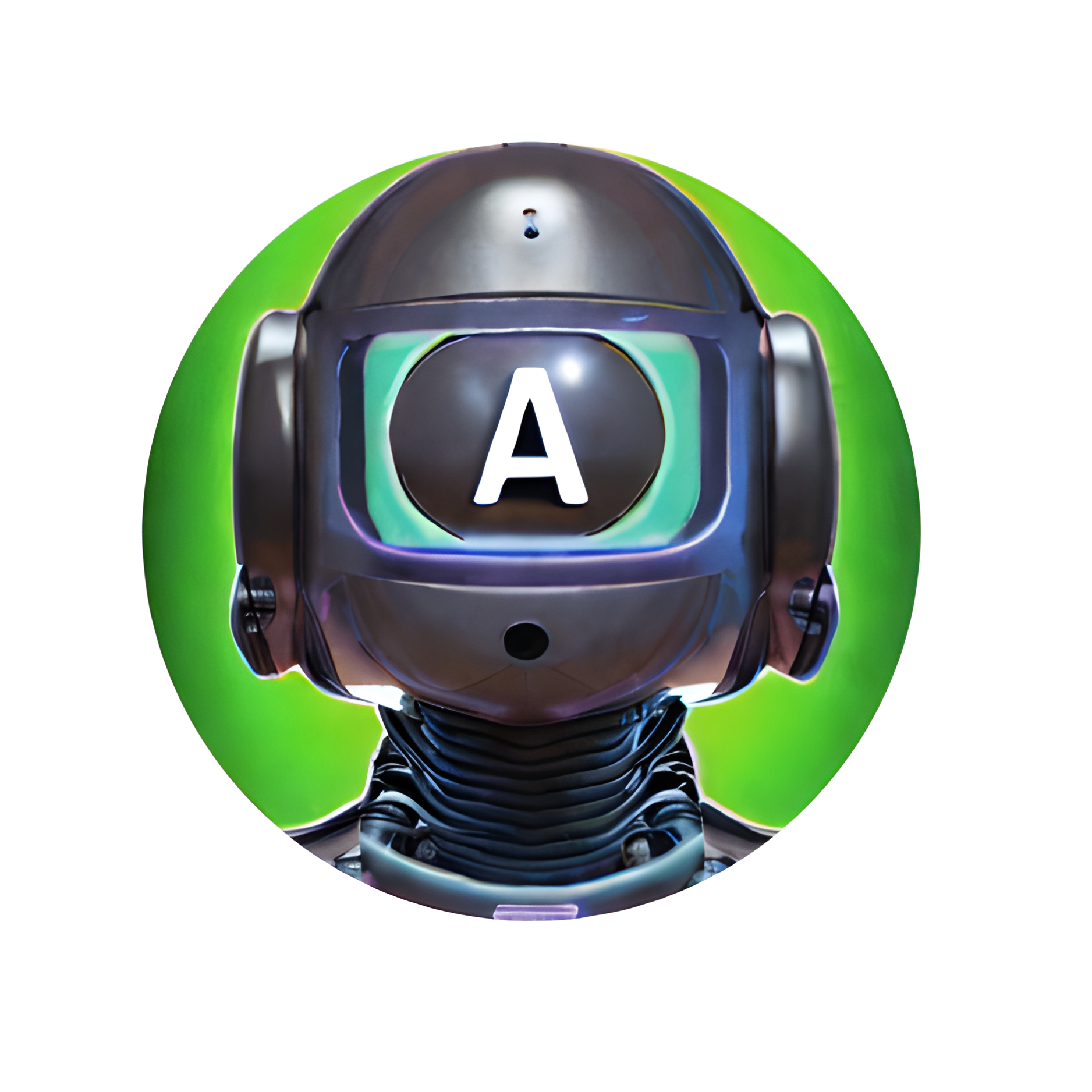Overview
Tiledesk is an innovative customer support tool designed to enhance the interaction between businesses and their clients. It integrates seamlessly with various communication platforms, allowing support teams to manage conversations from multiple channels like social media, email, and live chat in a single, unified interface. This feature-rich tool offers real-time chat capabilities, which are crucial for providing prompt responses and improving customer satisfaction.
One of the standout features of Tiledesk is its built-in artificial intelligence. The AI supports automated responses and chatbots that can handle common inquiries without human intervention, freeing up support staff to tackle more complex issues. Additionally, Tiledesk provides extensive customization options, enabling businesses to tailor the interface and functionalities to fit their specific needs and branding.
The platform also includes analytics tools that help track customer engagement, response times, and overall service efficiency. These insights are vital for businesses looking to improve their customer service strategies continuously. With its comprehensive suite of features and flexible configuration, Tiledesk is an excellent choice for companies aiming to streamline their customer support operations and enhance their customer service experience.
Key features
- Real-time messaging: Enables instant communication between customers and support agents, enhancing user experience and response efficiency.
- Customizable chatbots: Offers tools to create AI-driven chatbots that can automate conversations and handle common inquiries without human intervention.
- Multi-channel support: Integrates various communication platforms like email, SMS, and social media into a single interface for streamlined customer interactions.
- Analytics dashboard: Provides insights into customer engagement metrics, agent performance, and chatbot efficiency to help improve service strategies.
- Workflow automation: Automates routine tasks and workflows, allowing agents to focus on more complex issues and improving overall productivity.
- Open-source flexibility: Allows businesses to modify the software to fit their specific needs, offering unparalleled customization and integration possibilities.
 Pros
Pros
- Scalable architecture: Easily handles increasing volumes of customer interactions without compromising on performance or speed.
- Seamless integrations: Connects effortlessly with CRM systems, payment gateways, and other essential business tools to enhance operational efficiency.
- Proactive engagement: Allows initiating conversations based on user behavior, offering timely assistance and improving customer satisfaction.
- Secure communications: Ensures all messages are encrypted, providing a safe environment for confidential information exchange.
- Language support: Offers multilingual capabilities, making it easier to support and expand global customer bases without language barriers.
 Cons
Cons
- Steep learning curve: New users may find the platform's extensive features and customization options overwhelming initially.
- Limited language support: Primarily supports English, which may not suffice for global businesses needing multilingual options.
- Integration complexity: Integrating with existing systems can be complex and may require technical assistance.
- Cost considerations: While offering a free tier, advanced features and scalability can become costly for small businesses.
- Resource intensive: May require significant system resources or bandwidth, potentially slowing down other applications.


